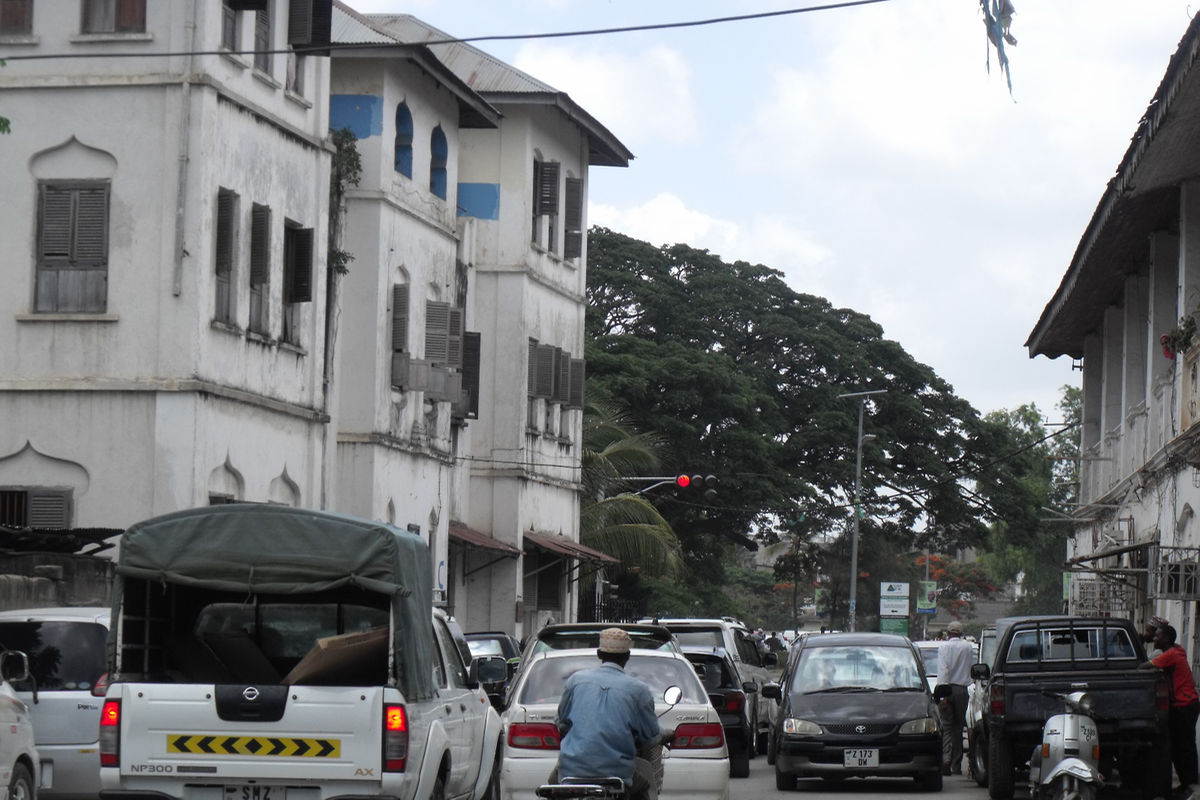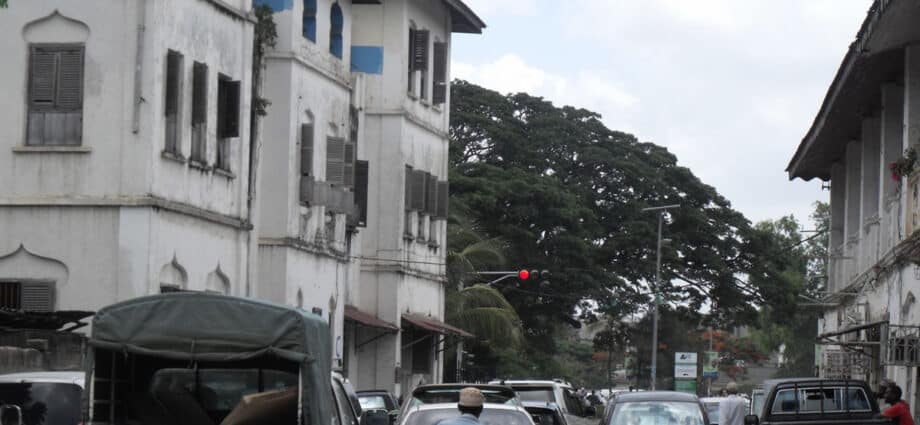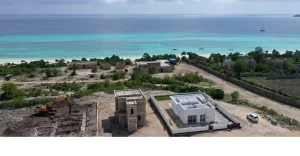
Zanzibar. The Zanzibar Revenue Authority (ZRA) has reported a record revenue collection of Sh81.512 billion in January 2025, achieving an efficiency rate of 100.65 percent.
The substantial increase has been attributed to higher fuel consumption in road transport.
One of the significant events during this period was the 61st anniversary of the Zanzibar Revolution, which saw top leaders from both Zanzibar and mainland Tanzania launching and laying foundation stones for over 190 development projects across Unguja and Pemba between 20 December and 12 January.
ZRA had initially projected revenue collections of Sh80.984 billion for the period.
Speaking at a press briefing in Unguja on Monday, 3 February 2025, ZRA’s Acting Commissioner, Said Ali Mohamed, described the achievement as historic, noting that for the first time, revenue figures had transitioned from seven to eight digits.
“This Sh81.512 billion collection marks a historic milestone for ZRA. Previously, revenue collection ranged between Sh50 billion and Sh70 billion, but today, we have surpassed Sh81 billion,” said Mohamed.
In comparison, revenue collections for January 2024 stood at Sh70.180 billion. The January 2025 figures represent an increase of Sh11.332 billion, reflecting a 16.15 percent growth.
For the first seven months of the 2024/25 financial year (July to January), ZRA had estimated a total collection of Sh500.187 billion. However, the actual revenue collected reached Sh510.545 billion, achieving an efficiency rate of 102.07 percent. This represents an increase of Sh88.598 billion (21 percent) from the Sh421.949 billion collected during the same period in 2023/24.
Mohamed attributed this success to enhanced tax enforcement efforts, the implementation of sound government policies, and the acceleration of various development projects.
“The massive investment in infrastructure and social services, alongside Zanzibar’s improving economic activities, is a result of the well-structured economic policies of the Eighth Government,” he stated.
Additionally, he credited improved taxpayer compliance, particularly in the use of electronic tax collection systems and the issuance of digital receipts, for the revenue growth.
Despite this progress, some citizens believe there is still room for improvement. Concerns were raised about business operators who continue to resist issuing electronic receipts.
“If ZRA tightens enforcement, revenue collections will increase even further,” said Nasra Khatib, a resident.
Khalid Masoud, a trader in Mtendeni, confirmed that some businesses avoid issuing receipts but praised ZRA for its engagement with traders and efforts to address their concerns.














